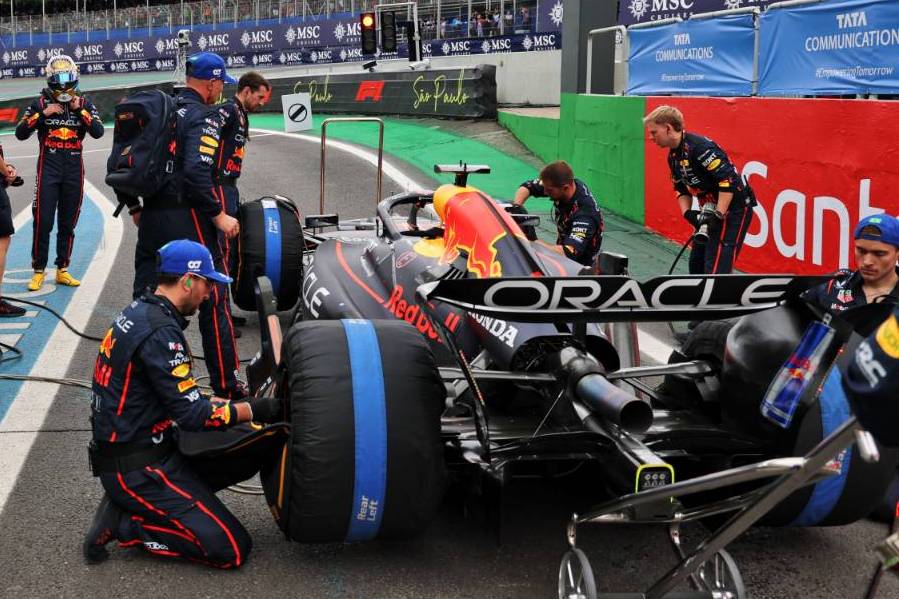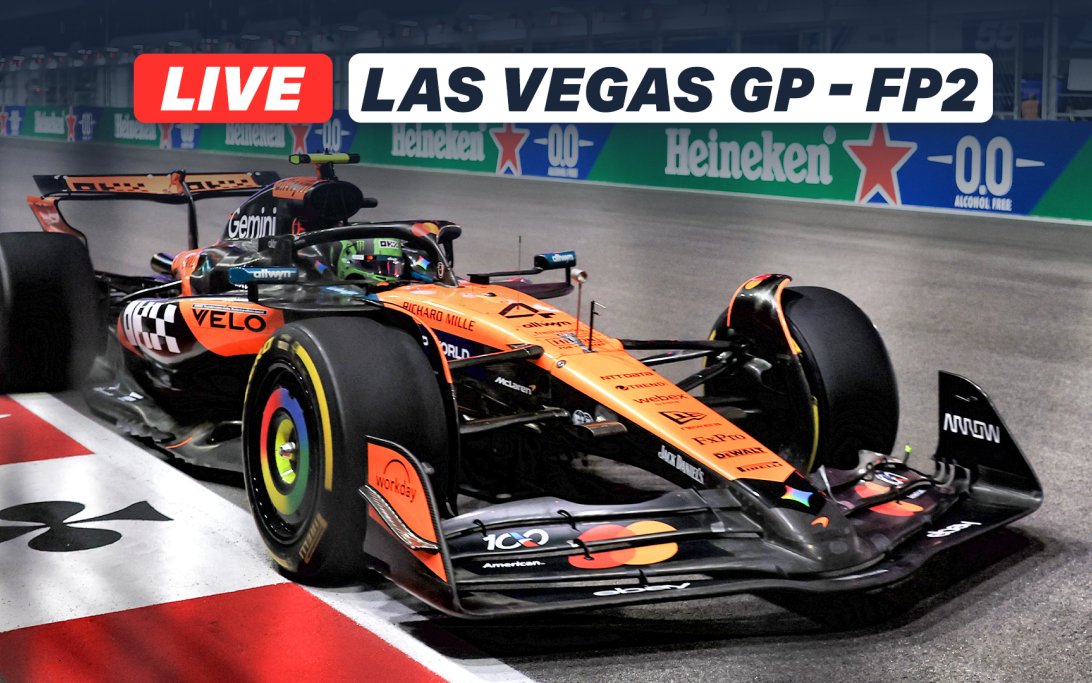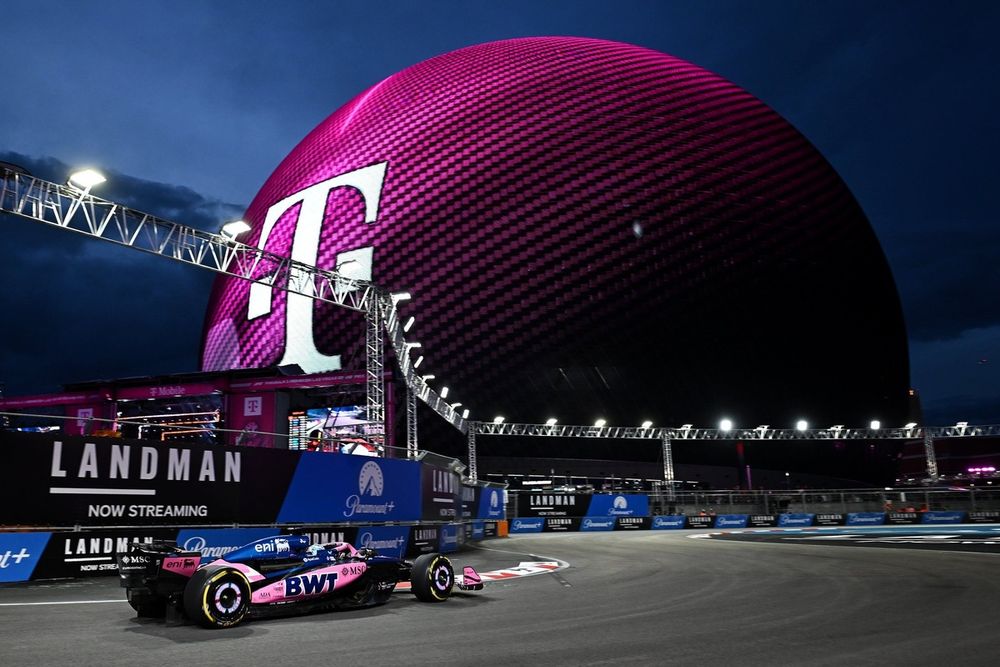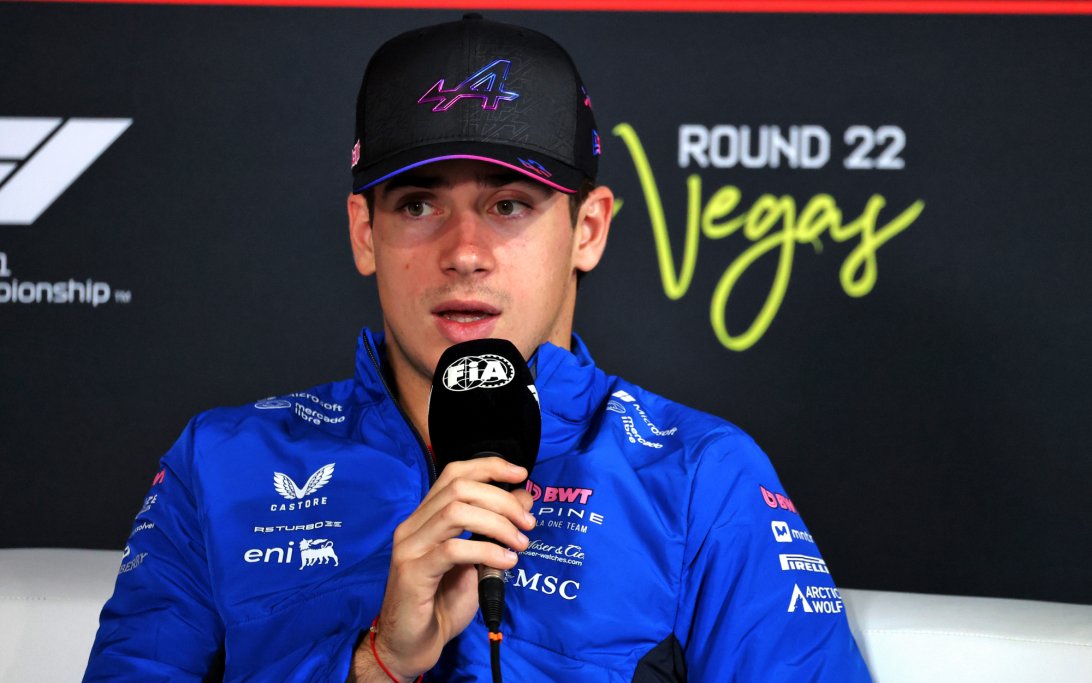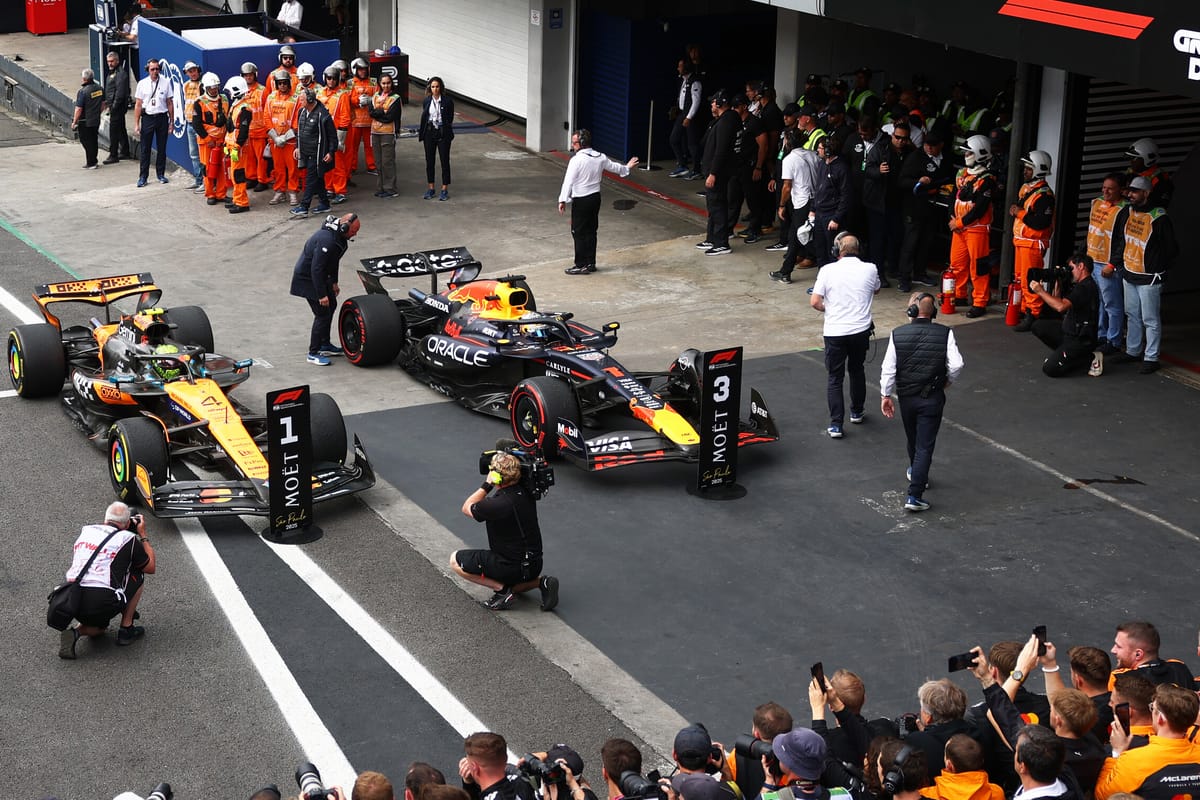
Red Bull Defends Engine Change Amid McLaren's Cost Cap 'Hand Grenade'
Red Bull is pushing back against McLaren's questions regarding Max Verstappen's engine change at the Brazilian Grand Prix, insisting its decision was 'nothing unusual' and fully defensible under Formula 1's cost cap regulations.
Why it matters:
McLaren's inquiry highlights a grey area in F1's current cost cap rules concerning engine changes made for performance versus reliability. This debate exposes a perceived advantage for 'works' teams over customer teams like McLaren, sparking calls for clearer regulations, especially with new power unit cost cap rules set for 2026.
The Details:
- Following Verstappen's Q1 exit in Brazil, Red Bull made significant setup changes and swapped out his Honda power unit for a performance boost.
- McLaren sought clarification from the FIA, suggesting Red Bull's move might have cost cap implications, especially if the change was for performance rather than addressing a reliability issue.
- Regulation Grey Area: Current F1 regulations do not explicitly cover when engine changes count towards the cost cap, leaving interpretation open to FIA guidance.
- McLaren believes FIA guidance implies that performance-motivated engine changes should be cost-cap eligible, unlike those made for reliability.
- Red Bull's Stance: Red Bull's chief engineer Paul Monaghan stated the team's actions are 'defendable' and 'legitimate,' dismissing McLaren's 'hand grenade' as typical competitive maneuvering.
- Monaghan is confident Red Bull will not incur a penalty, though he refrained from detailing how the engine swap is specifically accounted for within their financial regulations, citing his non-expert status in finance regulations.
- The engine removed from Verstappen's car in Brazil remains usable if Red Bull is forced to reintroduce it.
Between the lines:
This situation underscores a long-standing tension between 'works' teams (who develop their own engines or have deep integration with their power unit supplier) and 'customer' teams (who purchase engines). McLaren argues that as a customer team, it cannot make performance-driven engine changes without incurring direct costs, unlike a works team whose power unit supplier might absorb such expenses.
What's next:
The FIA has already begun to address these ambiguities for 2026, when new regulations will introduce more stringent restrictions and a dedicated power unit cost cap. This change aims to prevent future debates of this nature and level the playing field between works and customer teams.
- A final judgment on Red Bull's Brazil engine change may only come when cost cap regulators analyze Red Bull's full financial submission next year.
- The upcoming 2026 regulations are expected to provide much-needed clarity, ensuring all teams operate under more equitable financial constraints regarding power unit expenditure.
Original Article :https://www.the-race.com/formula-1/red-bulls-defence-after-mclarens-cost-cap-han...


